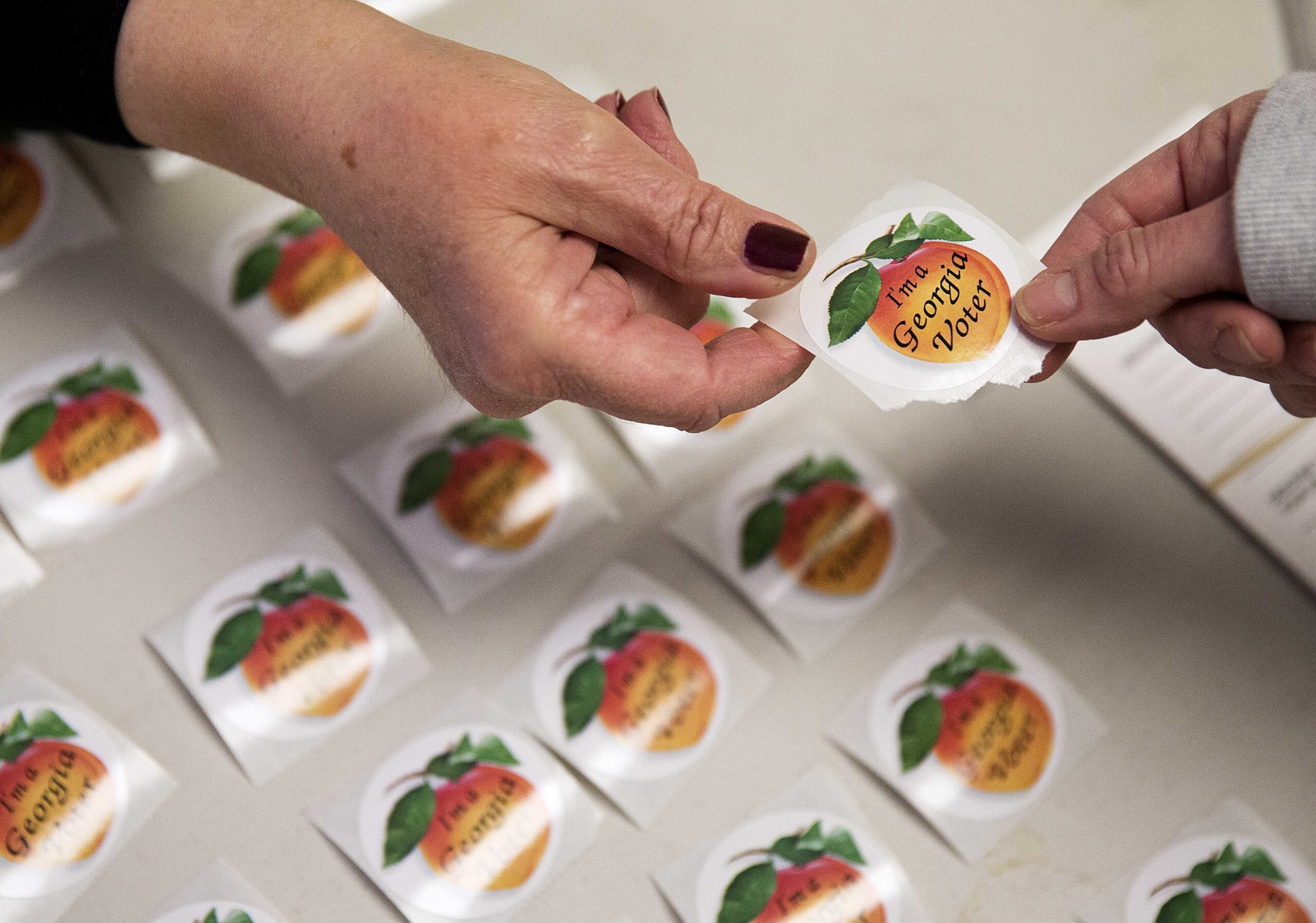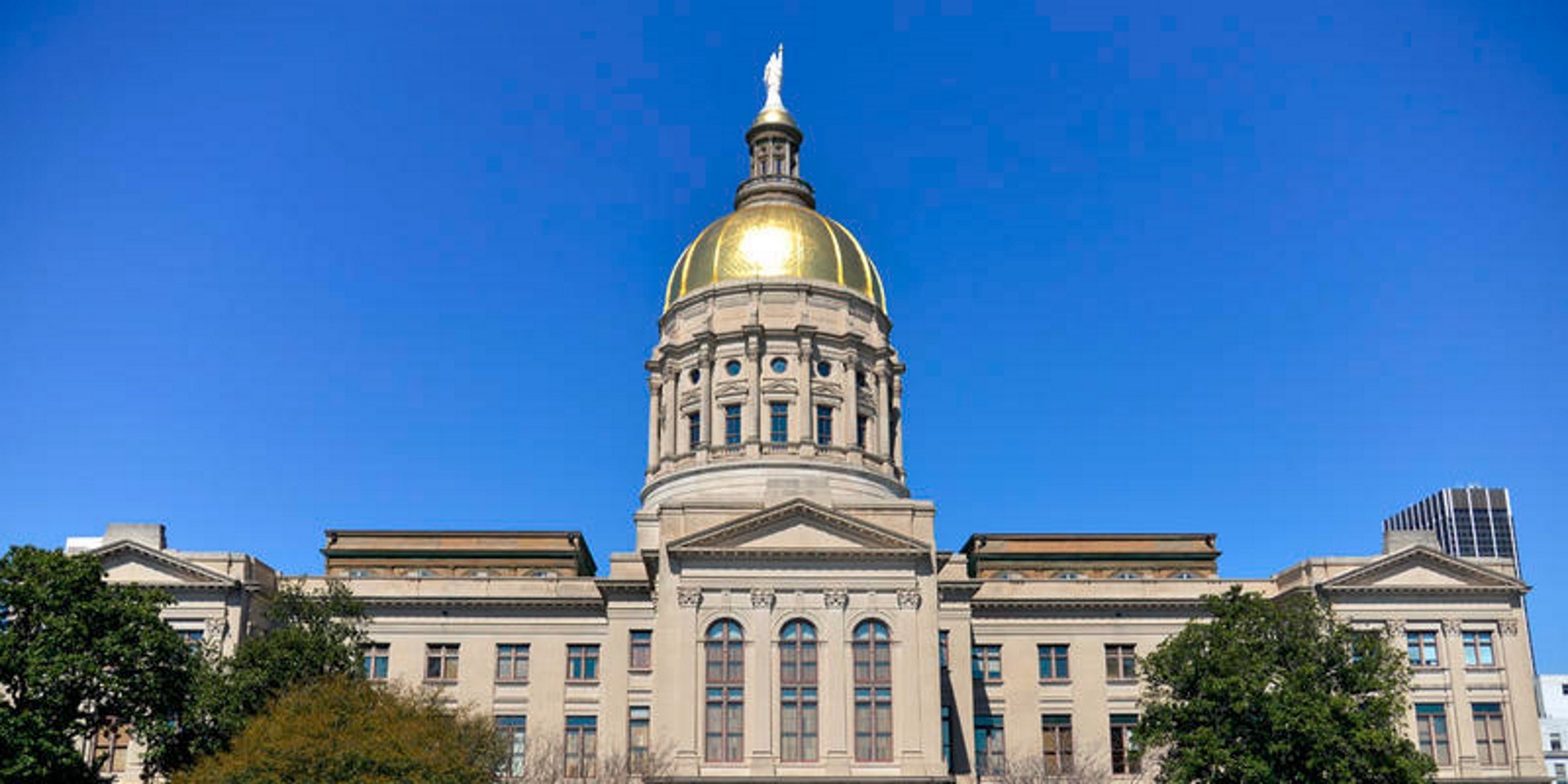Keisha Lance Bottoms has secured 50.4 percent of the vote with 100 percent of precincts reporting in the race to be Atlanta’s next mayor, according to unofficial results.
But Bottoms led Mary Norwood by fewer than 800 votes, the Georgia Secretary of State reported. That amounts to a margin of less than 1 percent, which is the threshold where the second-place finisher can request a recount under state law.
Bottoms spoke early Wednesday at an Atlanta hotel, saying near the end of her speech that “I am just in awe of what God is able to do.”
“I’m so honored to be your 60th mayor,” she told her cheering supporters.
But Norwood took the podium at her own rally and said that absentee ballots from military members were yet to figure in the totals, and that she believes that some ballots have yet to be tabulated.
“We will be asking for a recount,” Norwood said.
The runoff pitted two city council members: Norwood, who calls herself an independent, and Bottoms, the chosen successor of outgoing Mayor Kasim Reed.
It came just after elections that gave New Orleans and Charlotte their first-ever black female mayors. It’s also taking place against a backdrop of political infighting that tested Atlanta’s long-dominant black political machine.
Bottoms, who is black, was endorsed by Young and by Reed, who beat Norwood in a 2009 runoff by only 714 votes.
Norwood, who is white, is backed by the city’s last white mayor — Massell — and two prominent black officials: the city’s first female mayor — Franklin — and former City Council President Ceasar Mitchell.
As voters went to the polls on Tuesday, none spoke openly of race.
“Just listening to Keisha and comparing what she said to the words of Ms. Norwood, I felt like she shared my values more,” said Barbara McFarlin, a 50-year-old black woman who lives in the southwest Atlanta district Bottoms has represented on the city council.
James Parson, a 49-year-old black man who also lives in Bottoms’ district, said he’s been friends with Norwood for three decades and appreciates how she’s made herself available to constituents all over the city as an at-large council member.
“I love that Mary is connected to most of the communities in Atlanta, if not all of them,” he said. “She’s approachable. She has been here. She’s no Johnny-come-lately.”
Atlanta’s last white mayor, Sam Massell, left office in 1974 and was succeeded by five African-American mayors in the next four decades: Jackson, Andrew Young, Bill Campbell, Shirley Franklin and Reed. Regardless of who wins, Atlanta will have its second female mayor, following Franklin who left office in 2010.
Jeffrey Brower, 45, a white man who lives in the East Atlanta neighborhood, said he voted for Norwood, but that his vote was more a vote against Bottoms and Reed. Bottoms is too close to Reed and would be like an extension of the current administration, he said.
“Kasim seemed to be more about what’s best for Kasim than what’s best for the city,” Brower said.









